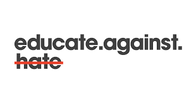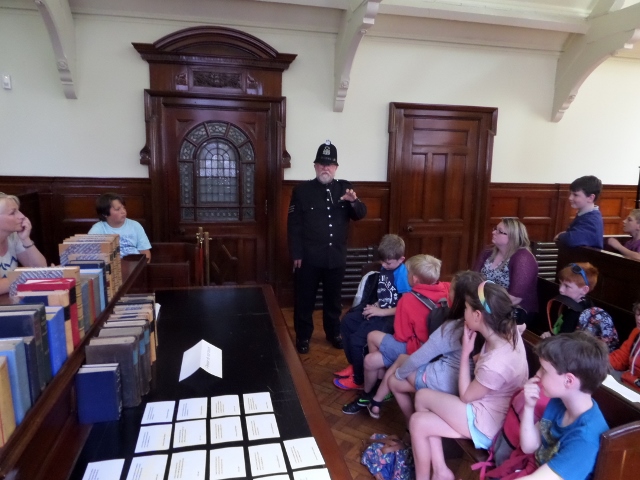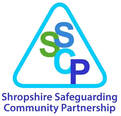Prevent
Prevent Strategy & British Values:
What is the Prevent strategy?
Prevent is a government strategy designed to stop people becoming terrorists or supporting terrorist or extremist causes.
The Prevent strategy covers all types of terrorism and extremism, including the extreme right wing, religious extremists and other causes.
How does the Prevent strategy apply to schools?
From July 2015, all schools (as well as other organisations) have a duty to safeguard children from radicalisation and extremism.
At Trinity, we have a responsibility to protect children from extremist and violent views. Importantly, we can provide a safe place for pupils to discuss these issues so they better understand how to protect themselves.
What does this mean in practice?
Many of the things we already do at Trinity to help children become positive, happy members of society also contribute to the Prevent strategy.
These include:
· Exploring other cultures and religions and promoting diversity
· Challenging prejudices and racism
· Developing critical thinking skills and a strong, positive self-identity
· Promoting the spiritual, moral, social and cultural development of pupils, as well as British values
We will also protect children from the risk of radicalisation, for example by using filters on the internet to make sure they can’t access extremist and terrorist material, or by vetting visitors who come into school to work with pupils.
Different schools will carry out the Prevent duty in different ways, depending on the age of the children and the needs of the community.
Please see below further documentation on how we carry out the Prevent Duty and promote British Values across the school:
What is the Prevent strategy?
Prevent is a government strategy designed to stop people becoming terrorists or supporting terrorist or extremist causes.
The Prevent strategy covers all types of terrorism and extremism, including the extreme right wing, religious extremists and other causes.
How does the Prevent strategy apply to schools?
From July 2015, all schools (as well as other organisations) have a duty to safeguard children from radicalisation and extremism.
At Trinity, we have a responsibility to protect children from extremist and violent views. Importantly, we can provide a safe place for pupils to discuss these issues so they better understand how to protect themselves.
What does this mean in practice?
Many of the things we already do at Trinity to help children become positive, happy members of society also contribute to the Prevent strategy.
These include:
· Exploring other cultures and religions and promoting diversity
· Challenging prejudices and racism
· Developing critical thinking skills and a strong, positive self-identity
· Promoting the spiritual, moral, social and cultural development of pupils, as well as British values
We will also protect children from the risk of radicalisation, for example by using filters on the internet to make sure they can’t access extremist and terrorist material, or by vetting visitors who come into school to work with pupils.
Different schools will carry out the Prevent duty in different ways, depending on the age of the children and the needs of the community.
Please see below further documentation on how we carry out the Prevent Duty and promote British Values across the school:
|
| ||||||||||||
|
| ||||||||||||











